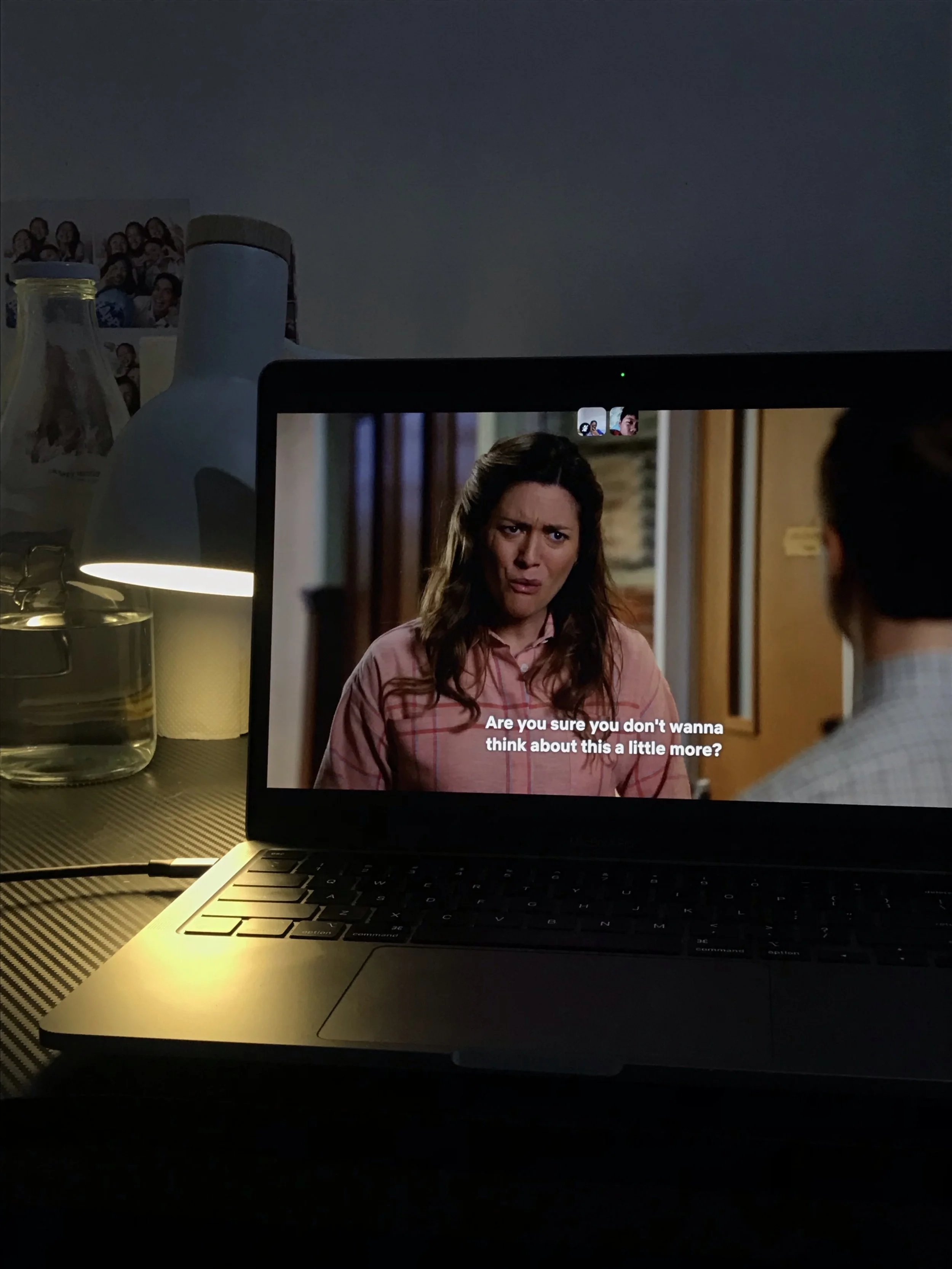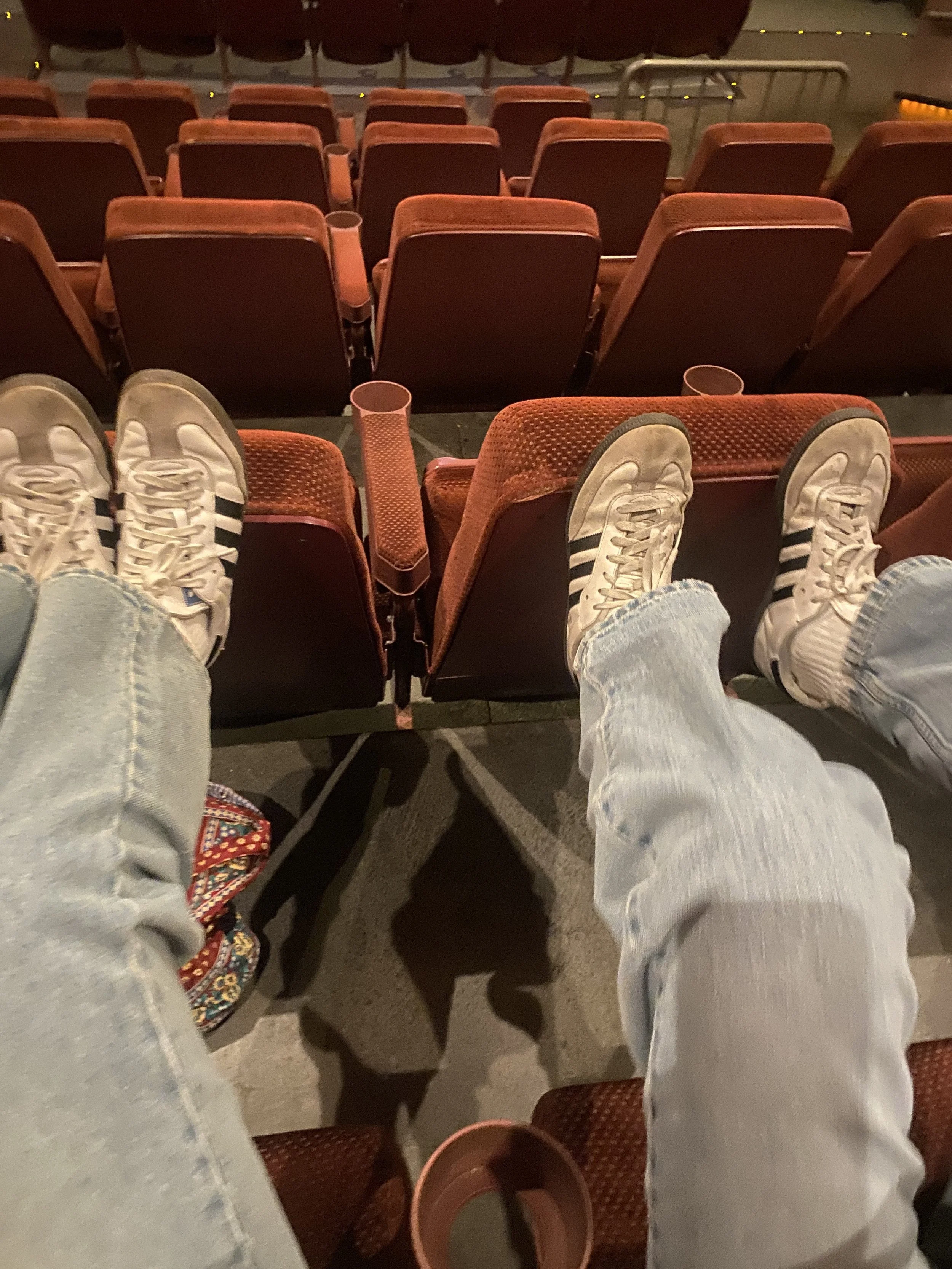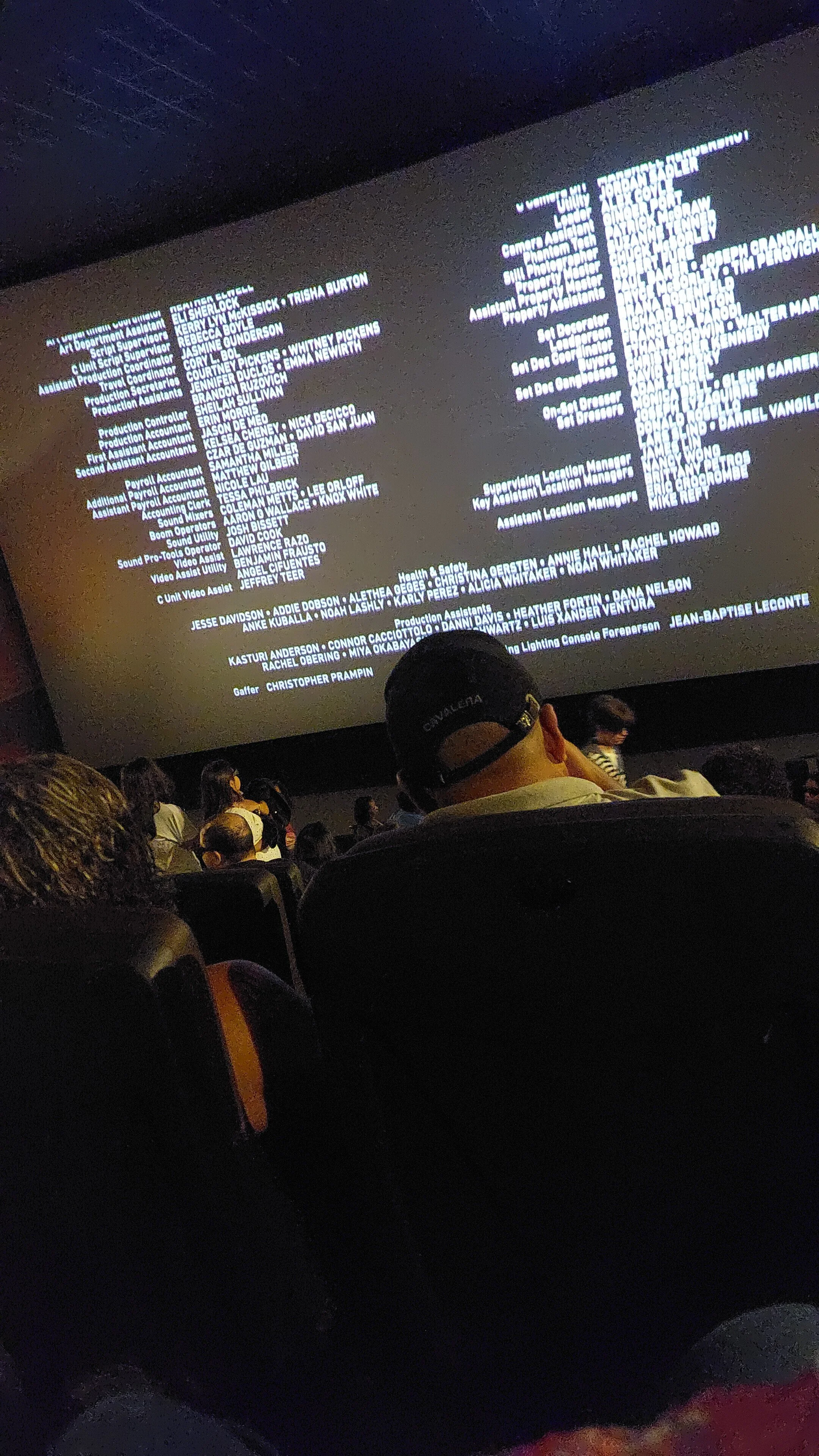The Science Of Storytelling: Why Journaling Your Life As A Movie Script Works
You're sitting in a dimly lit room, hunched over a typewriter like a modern-day Hemingway, except instead of the next great American novel, you're penning the script of your life. Sounds absurd, right? But here's the kicker – it's not absurd at all. In fact, it might just be the key to unlocking your potential, or at the very least, making sense of this tragicomedy we call life.
Because we're all protagonists in our own minds.
We wake up every morning, fully expecting the world to revolve around us, only to be rudely reminded that we're just extras in someone else's story. But what if we could change that narrative? What if we could seize control of our personal plotlines and direct our own Oscar-worthy performances?
Enter the world of narrative therapy and journaling as a movie script. It's like method acting, but instead of preparing for a role, you're preparing for your life.
And unlike method acting, you don't have to explain to your friends why you're suddenly speaking with a British accent or insisting on being called "Duchess."
But why does this work? Well, grab your popcorn and settle in, because the science behind this is more fascinating than the plot of ‘Inception’ (and arguably easier to follow).
First, let's talk about the power of narrative and how it relates to our brain's default mode network (DMN). The DMN is a set of interconnected brain regions that becomes active when we're not focused on the outside world. It's essentially our brain's daydreaming mode, but it's far from idle. Neuroscientists have discovered that the DMN plays a crucial role in autobiographical memory, self-reflection, and yes, you guessed it – storytelling.
We didn’t know this when we first had the idea for The Plotline©. We just really liked pretending we were in a movie.
But it turns out that when we engage in narrative journaling, we're giving our DMN a workout. We're not just recording events; we're crafting a story arc. Suddenly, that mind-numbing meeting becomes a pivotal scene where our hero (that's you) must overcome adversity (staying awake).
Your daily commute transforms from a tedious necessity to the opening sequence, setting the stage for the day's adventures.
But it's not just about making life more interesting. This approach has serious psychological benefits. When we view our lives as a story, we gain perspective. We're no longer trapped in the moment, but seeing it as part of a larger narrative. That fight with your partner?
It's not the end of the world; it's just Act Two conflict that sets up your triumphant reconciliation in Act Three.
Moreover, this technique engages our prefrontal cortex, the part of our brain responsible for planning and decision-making. By actively scripting our lives, we're forced to think about our choices and their consequences. It's like having a personal focus group for your life decisions, minus the two-way mirror and stale donuts.
Research in cognitive psychology and neuroscience shows that this kind of structured reflection can lead to increased self-awareness, improved problem-solving skills, and even better physical health.
A study published in the Proceedings of the National Academy of Sciences found that expressive writing, like our movie-script journaling, can actually speed up wound healing. It's like going to therapy, but instead of paying someone to listen to you talk about your mother, you're paying yourself in self-improvement, witty internal monologues, and apparently, superhuman healing abilities.
But perhaps the most powerful aspect of this technique is its ability to help us reframe our experiences. By casting ourselves as the heroes of our own stories, we can transform challenges into opportunities for growth, setbacks into setups for comebacks. This isn't just positive thinking; it's a restructuring of our neural pathways. Each time we reframe a negative experience in our journal, we're literally rewiring our brains, strengthening the neural connections that support resilience and optimism.
So, the next time you sit down to journal, don't just record what happened. Direct it. Produce it. Be the Scorsese of your own life story. Write yourself as the complex, flawed, but ultimately triumphant hero you know you can be. Give yourself snappy dialogue and character development. Throw in a plot twist or two.
Because if your life were a movie, you'd want it to be a blockbuster, not a straight-to-DVD flop. And who knows? Maybe one day, when they make the biopic of your life, you'll already have the script ready.
Just make sure to get a good-looking actor to play you. After all, this is your story – you might as well make yourself look good. And thanks to your journaling habit, you'll have the brain of a superhero to match.
Are you ready to start your story? Order your own copy of The Plotline© and see how much reframing your plot twists and turns can radically change how to live life.



